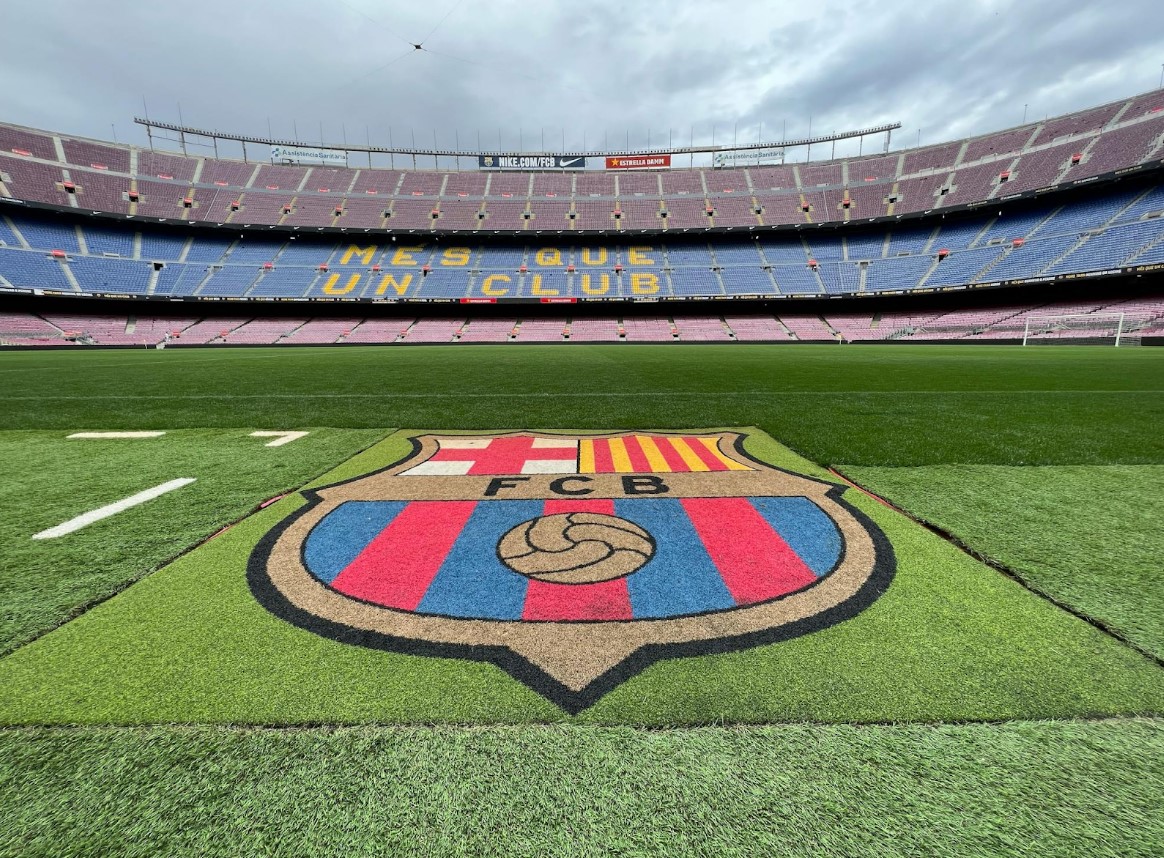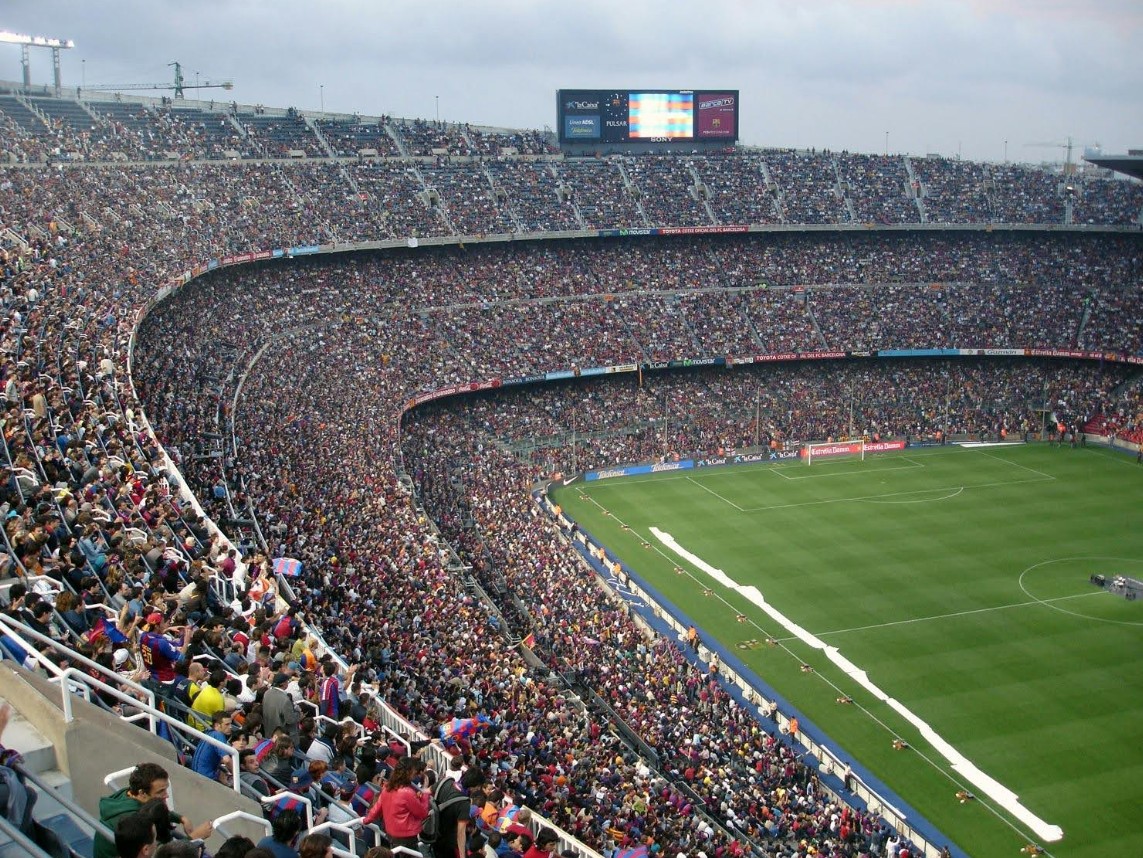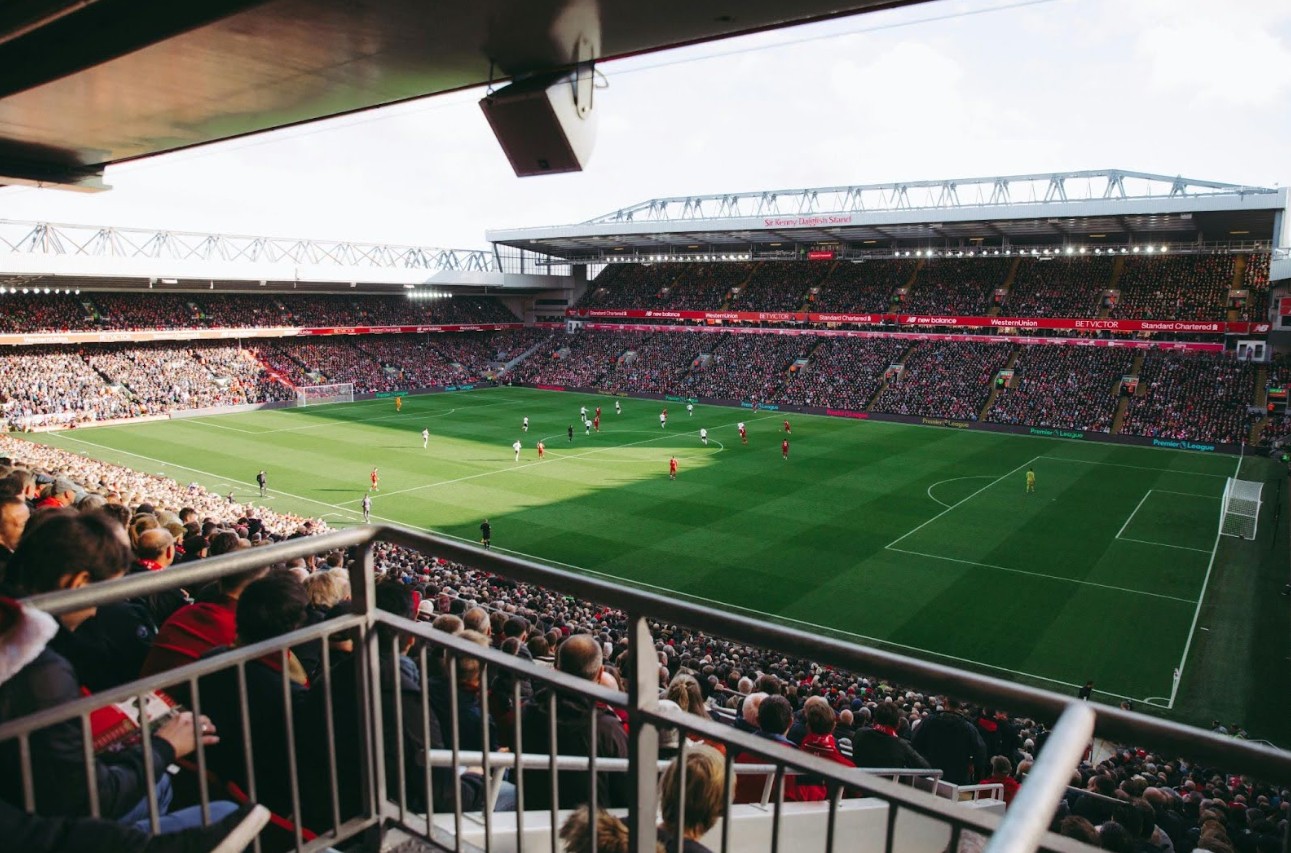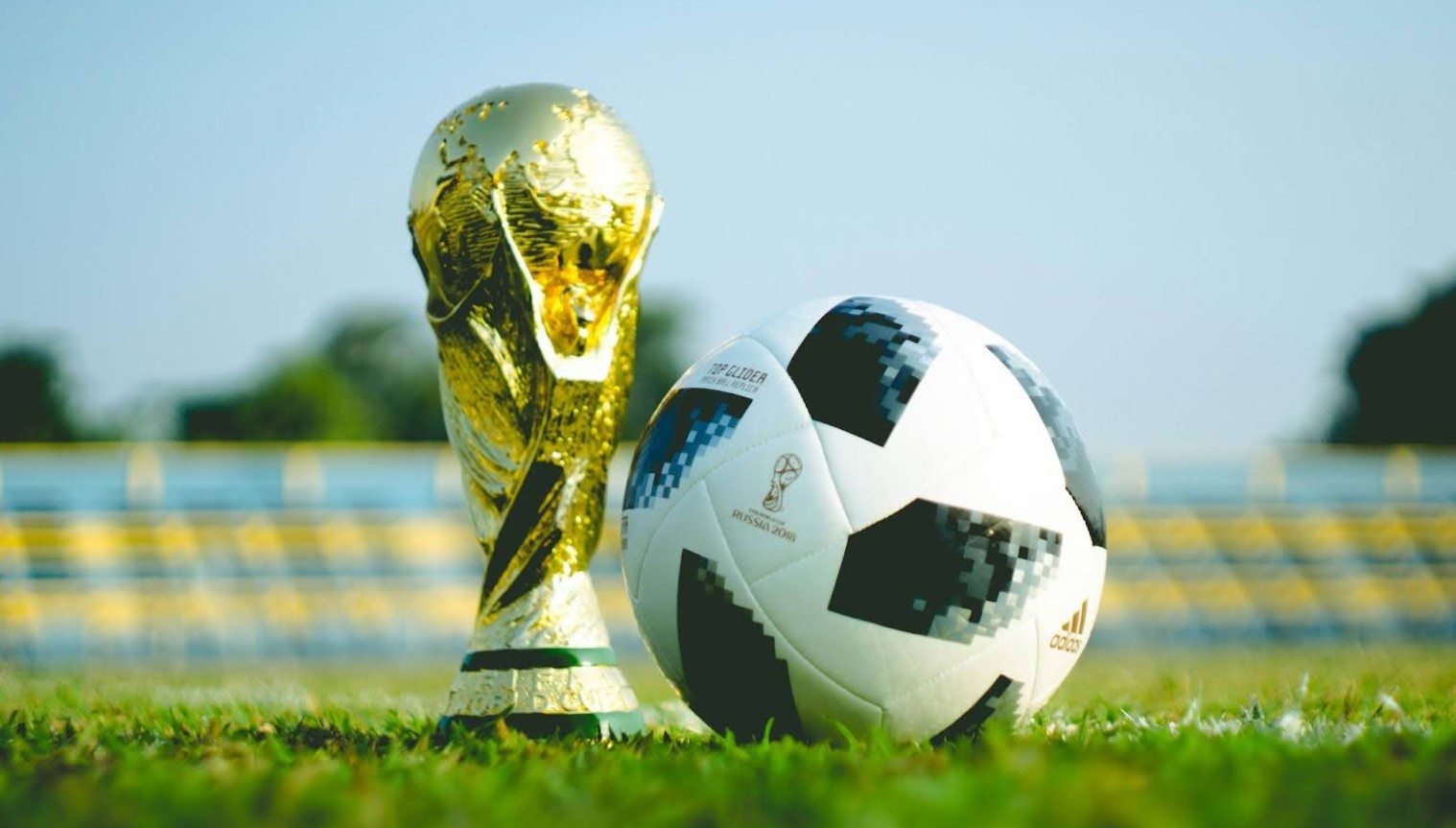The Power of the Badge: How Football Kit Logos Reflect Club Identity and Culture
Football is a global culture where the logos of th

Football is a global culture where the logos of the clubs play a key role in telling their story. These badges are not simply decorations on players' chests, but symbols representing decades of pride, politics, culture, and loyalty. With a glance at the emblem, one can often understand what the club stands for and how its identity has evolved over time.
Historical roots and cultural significance
Every football emblem carries a unique narrative. Barcelona is an excellent example of deep meaning. Their logo is not just a brand, but a political and cultural statement — "Més que un club" (more than a club) is more than a slogan. It represents Catalan identity, resistance and pride.
While some critics believe that politics should be kept out of sport, many highlight how Barcelona uses their badge to illustrate the role of football as a social and cultural force.
The Manchester United emblem illustrates a similar complexity. The current design respectfully balances between traditional heritage and modern globality.
Some clubs might have a significant detail on a badge, like Arsenal with a cannon on their logo, but many modern fans would still associate them with different particular aspects of their jerseys or a name of the stadium, such as a sponsor — Emirates Airline. Sports fans also find it amusing to play an aviator demo in rands, which is also a game about airplanes, but with a twist — it allows to place bets, and if the punter is quick enough, the individual can multiply it.
Symbolic capital and emotional connection
These badges create an immediate emotional connection and represent a team's identity for fans.
Research in sports and design anthropology suggests that these emblems function as complex communication systems. They convey stories of communities, migration, social movements and even political identities.
These badges are intricate social texts that negotiate meaning and belonging.
Modernisation and branding
Football club logos are not static entities but dynamic representations of ongoing cultural conversations.
Arsenal's transformation from a traditional cannon emblem to a more minimalist design reflects broader shifts in brand communication and global aesthetic sensibilities. This rebranding highlights a growing trend in football where clubs see their badge as more than just a symbol of sporting achievement.
Juventus' approach was met with both criticism and praise. While some felt it took away the soul of the club, others highlighted how it made Juventus more relevant to the younger generation and global market.
Global dynamics and local roots
In the digital era, these logos are undergoing further transformation. With social media and global marketing, they become not only identification markers, but also commercial brand symbols.
These logos must balance local authenticity with global appeal — a challenge that modern football clubs are constantly navigating. They should simultaneously honor deep-rooted traditions while remaining accessible to emerging fan bases across different continents.
This delicate balance is not without challenges. Some scholars argue that excessive commercialization risks diluting the profound cultural significance of these emblems. The tension between global marketability and local identity remains an active area of research and debate.
New trends and future perspectives
While technology and global culture continue to shape the world of football, the logos will undoubtedly evolve as well.
Digital platforms and changing fan engagement models suggest that these emblems might become even more dynamic, potentially incorporating interactive or adaptive design elements.
However, the core essence will likely remain unchanged: a badge is a story, a memory, a collective dream stitched into fabric.
Concluding thoughts
Football kit logos are profound cultural artifacts. They are not just decorative elements but complex narrative devices that capture the spirit of clubs, cities, and communities. Each badge is a symbol of human emotion, historical struggle, and collective aspiration.
For fans and researchers alike, these small emblems offer a rich platform for understanding how sports transcend competition and become powerful vehicles of cultural expression.
As our globalized world continues to change, these small but powerful symbols will continue to be important interpreters of our collective passion, history and dreams.







